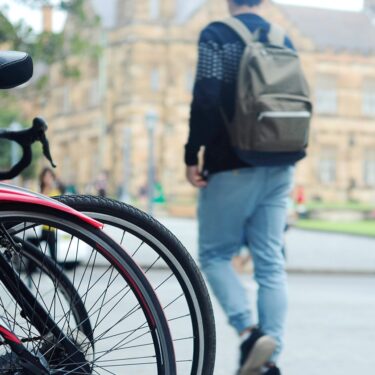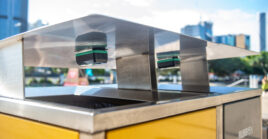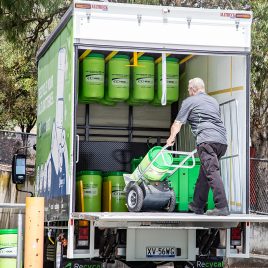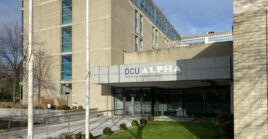



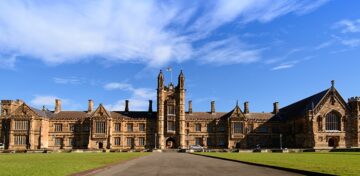
Superfy supporting University of Sydney on their pioneering journey to revolutionise waste management practices
A pioneering journey
The University of Sydney, a leader in academic excellence, has embarked on a pioneering journey to revolutionise its waste management practices. With sustainability as a core value, this case study delves into the university's innovative approach to waste reduction, leveraging cutting-edge technology – smart bins equipped with fill level sensors.
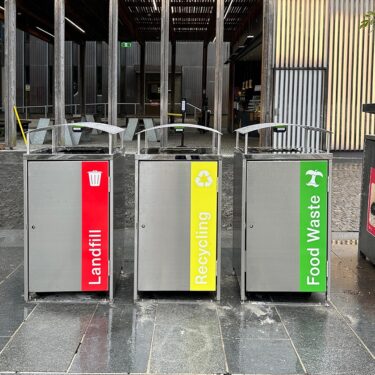
Demonstrate leadership in waste reduction and management
University of Sydney Sustainability Strategy
The university staff and students identified waste and the contribution to landfill as the top area to focus on. Included in the strategic plan was the need for 'open and transparent monitoring and reporting of progress towards these goals'
-
Zero Waste
send zero waste to landfill by 2030
-
Waste Reduction
achieve a 20% reduction in waste generated per person by 2030 (from 40kg/ EFSTL/FTE in 2017–18)
-
Organic Recovery
recover 80% of organics waste on campus by 2025
-
Recycling
achieve 60% recycling by 2025
-
Plastics
enable ‘single use plastics free’ campuses by 2025
-
Food Waste
compost 80% of food waste by 2025
-
Packaging
ensure 100% of food/beverage packaging offered on campus is compostable or recyclable by 2025
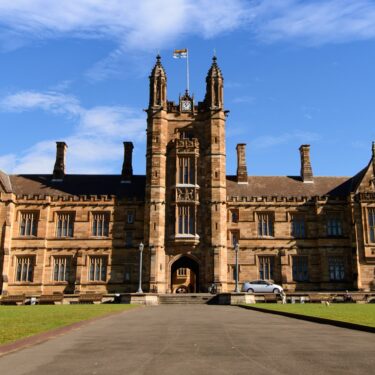
Dealing with an aging system with limited recycling capacity
Faced with a growing waste management challenge across its Camperdown campus, the University of Sydney sought an efficient, sustainable solution. The existing waste management system struggled with aging, low-capacity overflowing bins, inefficient collections, and limited recycling capability.
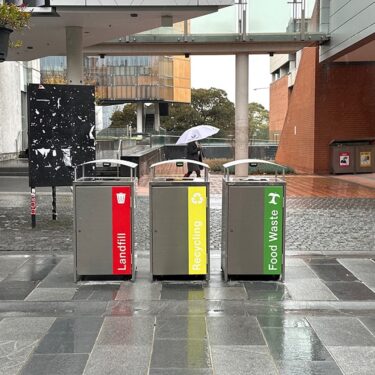
A comprehensive strategy that incorporated Superfy’s platform and smart bin solution, equipped with fill level sensors
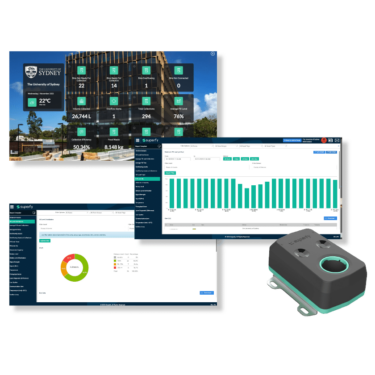
Replacing single stream bins with multi-stream smart bins, fitted with Superfy fill level sensors to provide real time and accurate fill levels for each bin.
-
Landfill
made up of general non-recyclable waste
-
Recycling
made up of paper, cardboard and plastics
-
Food Waste
made up of food and garden waste
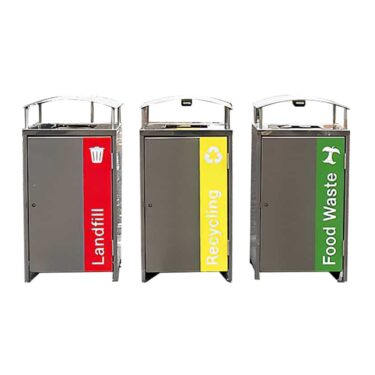
Adopting multi-stream collections and smart technology
The University approved a project to replace the aging bin enclosures and at the same time introduce multi-stream collections. The University considered deploying standard bin enclosures or possibly smart compaction bins.
In speaking with Superfy, the University became more aware of smart waste & recycling technology and subsequently received a demonstration of the Superfy platform and fill level sensor solution. Superfy was able to offer a new standard bin enclosure to the University’s specification, fitted with a bin fill level sensor and platform access, making it a “smart bin”.
The university implemented a comprehensive strategy that incorporated Superfy’s platform and smart bin solution, equipped with fill level sensors. These bins were strategically placed across the campus, utilising Internet of Things (IoT) technology to monitor waste levels in real-time. Using the Superfy platform enables real-time reporting of when bins reach capacity and resulting in timely collections. Similarly, the accurate reporting of bin usage has helped to profile the waste disposal habits of the campus community and provide valuable insights on where improvements can be made.
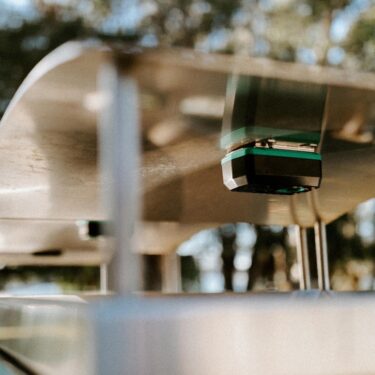
Landfill reductions
The impact has been transformative. Overflowing bins have become a relic of the past. Collections have been optimised and operational costs reduced. Recycling rates have also increased as clearly signed smart bins encouraged proper waste disposal across Landfill, Recycling and Food Waste streams. Superfy anticipates, the campus will see a remarkable reduction in waste sent to landfill within a year.
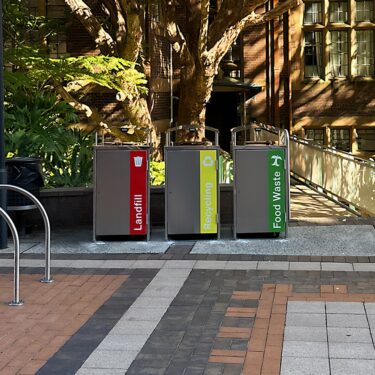
Fostering a sustainable campus
This case study underlines the power of integrating technology with sustainability. A configurable and responsive software platform, combined with smart bins with fill level sensors offer a data-driven, eco-friendly approach to waste management, setting an example for other institutions. It highlights the University of Sydney's dedication to fostering a sustainable campus environment and reaffirms its desire to demonstrate leadership in waste reduction and management.
